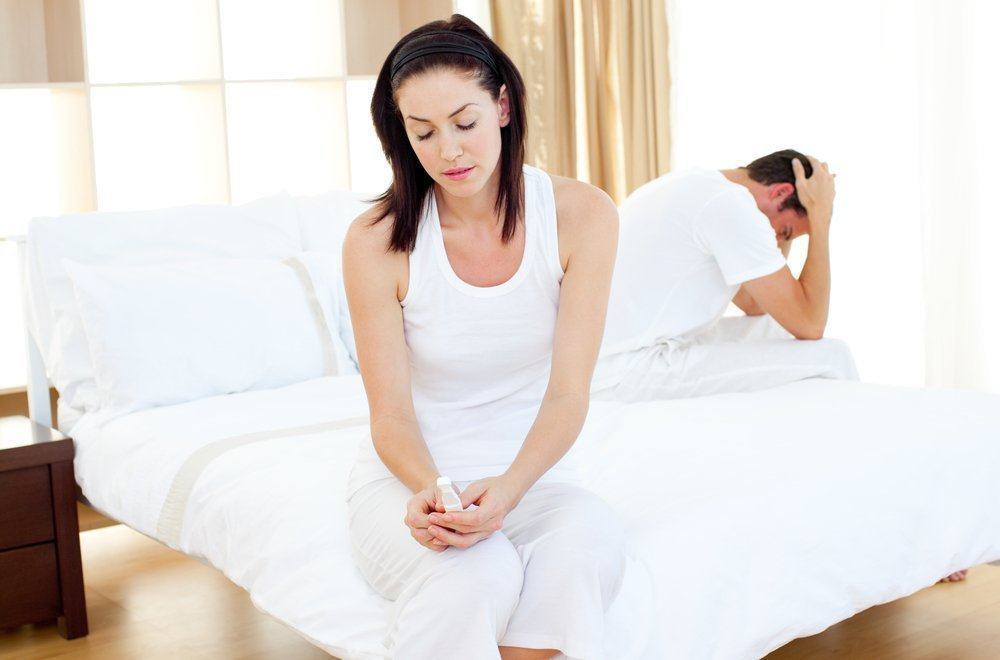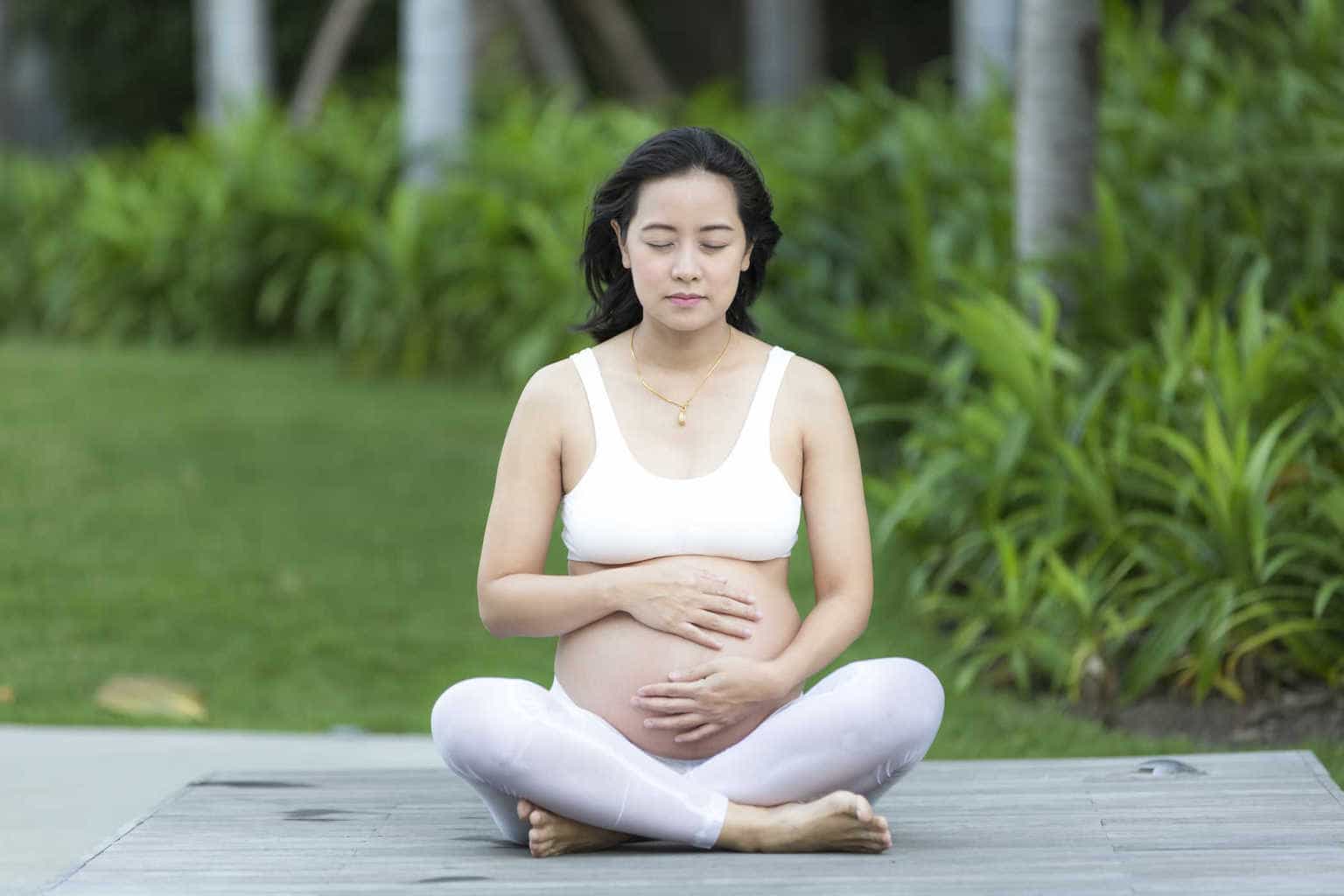Contents:
Medical Video: Diagnosis and Evaluation of COPD
Definition
What is a physical examination for COPD?
Chronic obstuctive pulmonary disease (COPD) is a lung disease that results in difficulty breathing. This disease occurs due to complications of two diseases caused by smoking: chronic bronchitis and emphysema. Over time, this disease can cause short breathing and heart problems.
COPD cannot be cured, but drugs and lifestyle changes can reduce the risk that occurs. The best way is to stop smoking.
Your medical history will also help diagnose COPD.
When do I have to undergo a physical examination for COPD?
Medical history can help your doctor diagnose this disease. Usually the doctor will do regular periodic checks.
Prevention & warning
What should I know before undergoing a physical examination for COPD?
Heart disease can be associated with COPD and its symptoms. The most important thing to remember is, smoking can lead to a risk of heart disease or COPD. Cardiac examination can detect heart rate and heart failure.
The size of the liver can be enlarged sometimes caused by right heart failure (cos pulmonale).
Heart test results usually vary. Not everyone is at risk of suffering from the symptoms of COPD.
Process
What should I do before undergoing a physical examination for COPD?
You should tell your doctor about your medical history (diagnosis and treatment) in detail and in full. Even though the disease has healed and you don't think it is important, the condition will help your doctor diagnose pain in the waist. This medical history also helps your doctor to decide on the right treatment for you.
In addition to medical history, you also have to tell your doctor what medication information you have taken. If possible, bring a complete list of these medicines and their dosages.
What is the physical examination process for COPD?
The doctor will ask you about the following points regarding the medication history you have consumed:
Short breathing
- When did you first feel shortness of breath (during exercise or rest)?
- How often do you experience shortness of breath?
- How long have you experienced shortness of breath? Is it getting worse?
- How far can you walk, and how strong do you climb before your breath is tight?
Cough
- How often do you cough?
- How long do you cough? Is it bad?
- Is your cough phlegm? What's the color?
- Has your cough bleed?
Other questions:
- Do you or your housemate consume tobacco? Are you a smoker? How many cigarettes do you consume a day? How long have you stopped smoking? What do you feel after quitting smoking? And another question.
- Irritation due to exposure to dust or chemicals in the workplace.
- Respiratory problems when they are small or have a family history of respiratory problems.
- Treatment of other health conditions.
- Health effects on your performance: whether it interferes with your routine or whether you experience depression.
- Medications that you have or are currently taking.
- Your family and social environment where you live.
During a physical examination, the doctor will also examine your body if you see signs that cause symptoms of COPD. The physical examination includes:
- measure body temperature, weight and height (according to BMI numbers)
- check for symptoms of infection in the ears, eyes, nose and throat
- check your heart and lungs with a stethoscope
- check blood in the neck veins, which allows heart problems, such as cor pulmonale
- pressing on the stomach
- check your fingers and lips if they change color (cyanosis)
- check your finger for swelling or check your nails if there is clubbing
- examine the feet to the fingers for swelling (edema)
What should I do after undergoing a physical examination for COPD?
Physical examination is not always painful, but some parts of the body will feel uncomfortable such as the abdominal palpation. The doctor will tell you your condition and provide the right treatment. Sometimes the doctor will do further examinations. Follow the recommendations given by your doctor.
Explanation of Test Results
What do the test results mean?
Your medical history can risk triggering COPD and can even make your COPD disease worse. The following are indications that arise due to COPD:
- there is a barrel chest (blocked airway)
- hard to breathe
- takes a long time to exhale
- abnormal breathing
Some physical examinations will also help doctors detect how severe your COPD is. The following are the signs:
- Muscles accessory use (such as neck muscles) at rest
- breathe through mouth
- hard to talk without breathing
- discoloration of the fingertips and nails (cyanosis)
- swelling of the abdomen and legs
Hello Health Group does not provide medical advice, diagnosis or treatment.











